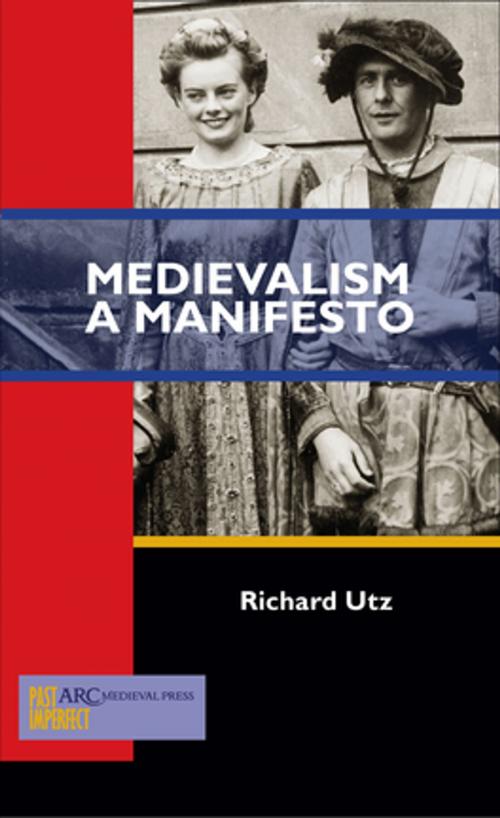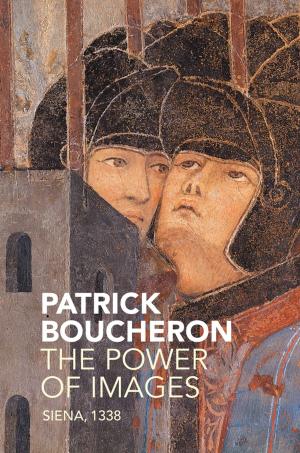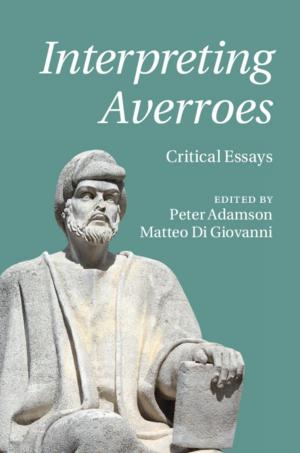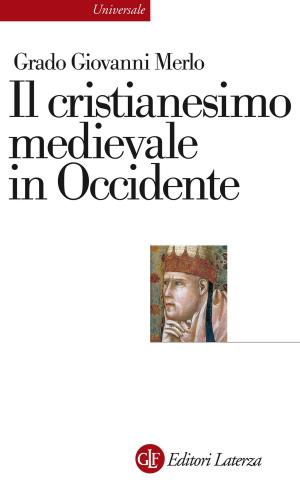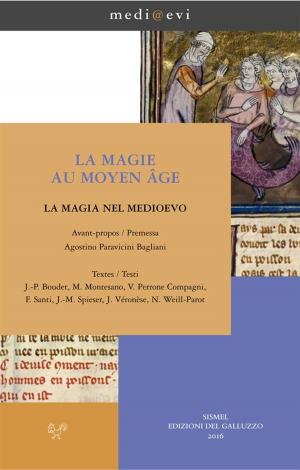| Author: | Richard Utz | ISBN: | 9781942401247 |
| Publisher: | Arc Humanities Press | Publication: | January 18, 2017 |
| Imprint: | Arc Humanities Press | Language: | English |
| Author: | Richard Utz |
| ISBN: | 9781942401247 |
| Publisher: | Arc Humanities Press |
| Publication: | January 18, 2017 |
| Imprint: | Arc Humanities Press |
| Language: | English |
This book is called a manifesto because it has an unapologetically political objective. Richard Utz wants to help reform the way we think about and practice our academic engagement with medieval culture, and he uses his own observations as a medievalist and medievalism-ist over the last 25 years to offer ways in which we might reconnect with the general public that has allowed us to become, since the late nineteenth century, a rather exclusive clan of specialists who communicate mostly with each other.
This book is called a manifesto because it has an unapologetically political objective. Richard Utz wants to help reform the way we think about and practice our academic engagement with medieval culture, and he uses his own observations as a medievalist and medievalism-ist over the last 25 years to offer ways in which we might reconnect with the general public that has allowed us to become, since the late nineteenth century, a rather exclusive clan of specialists who communicate mostly with each other.
